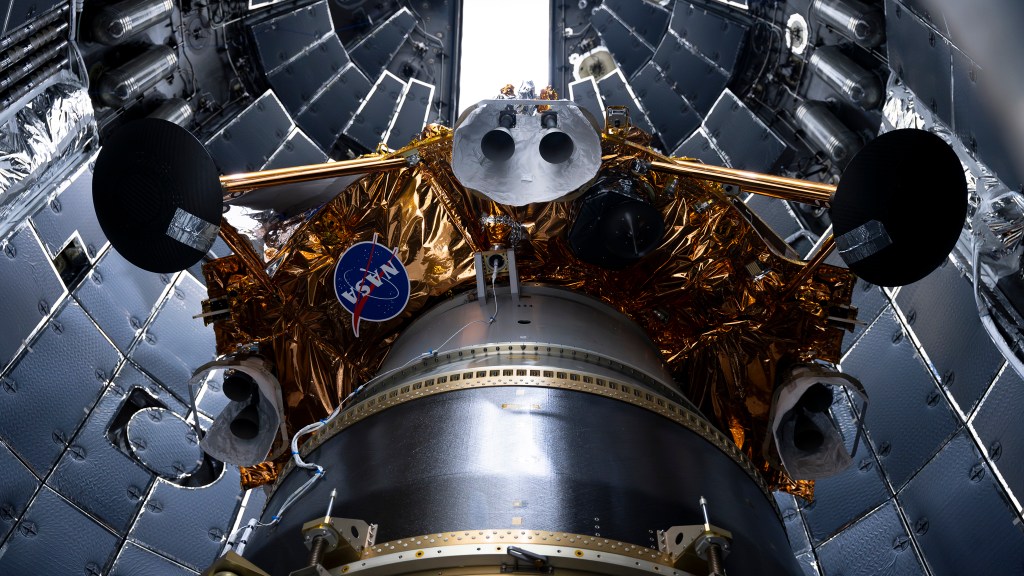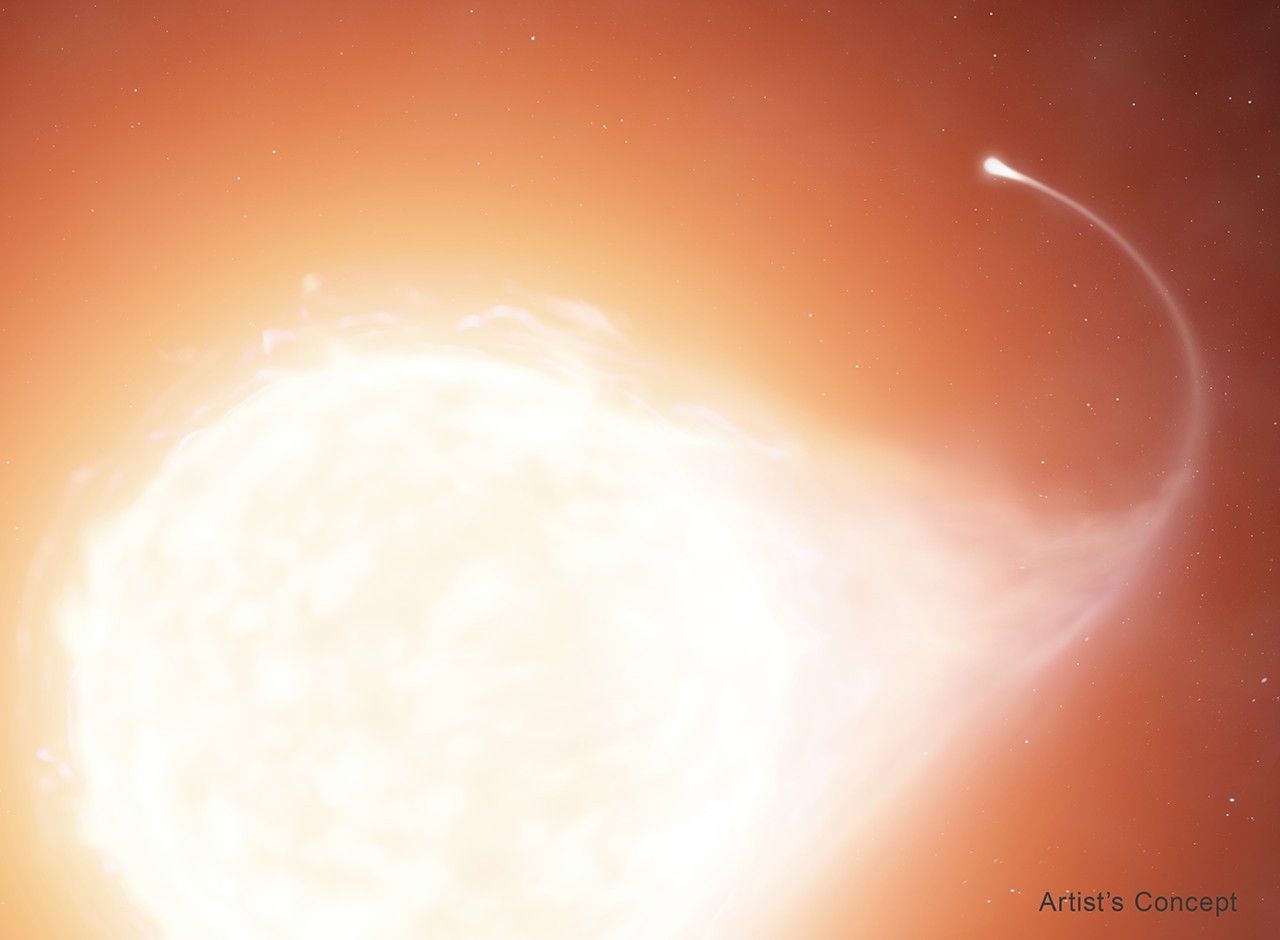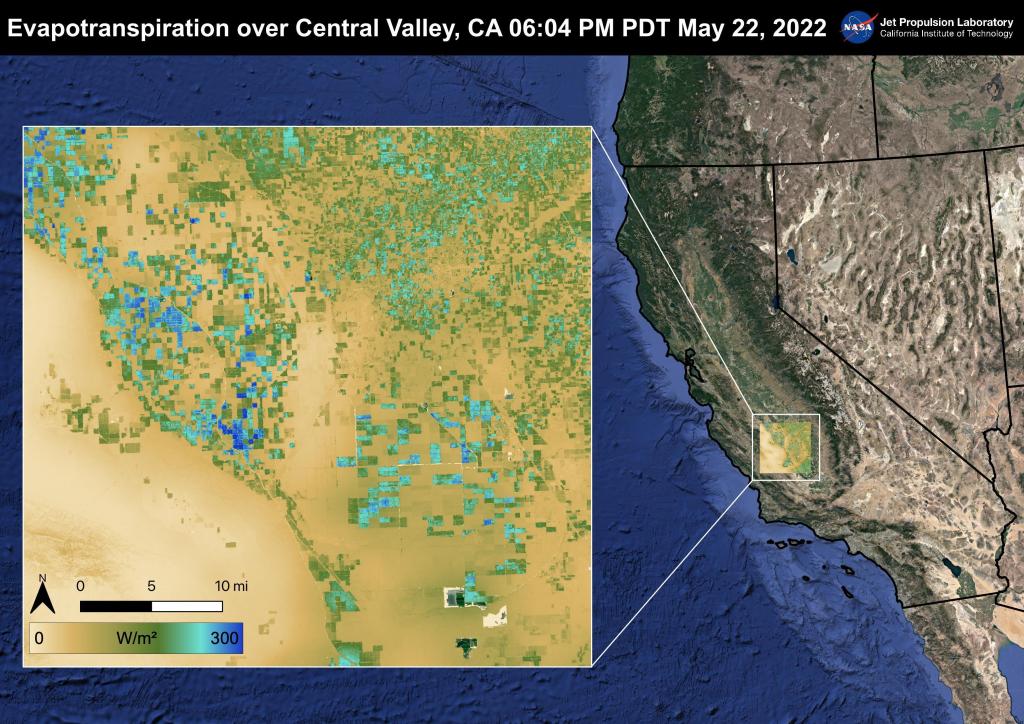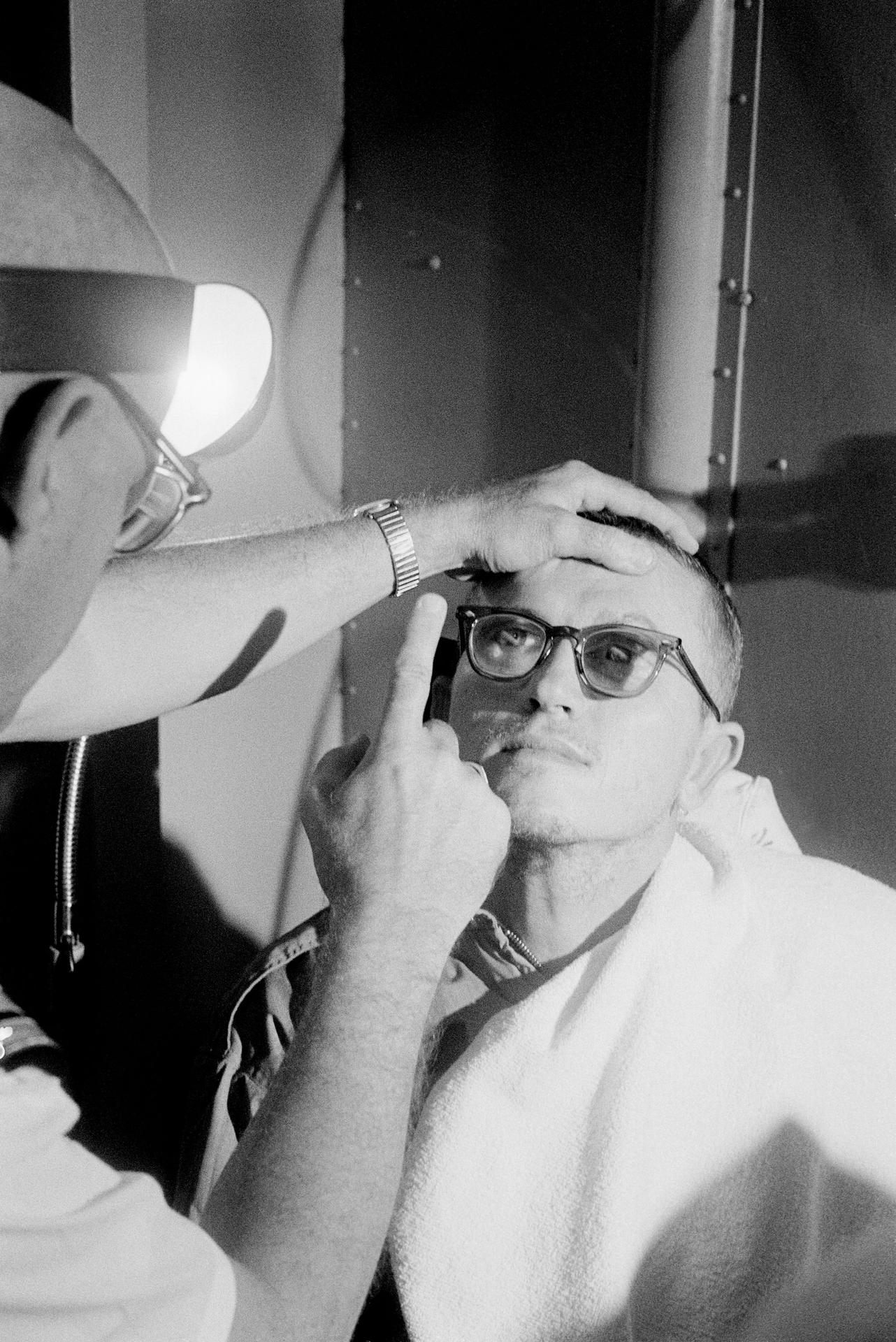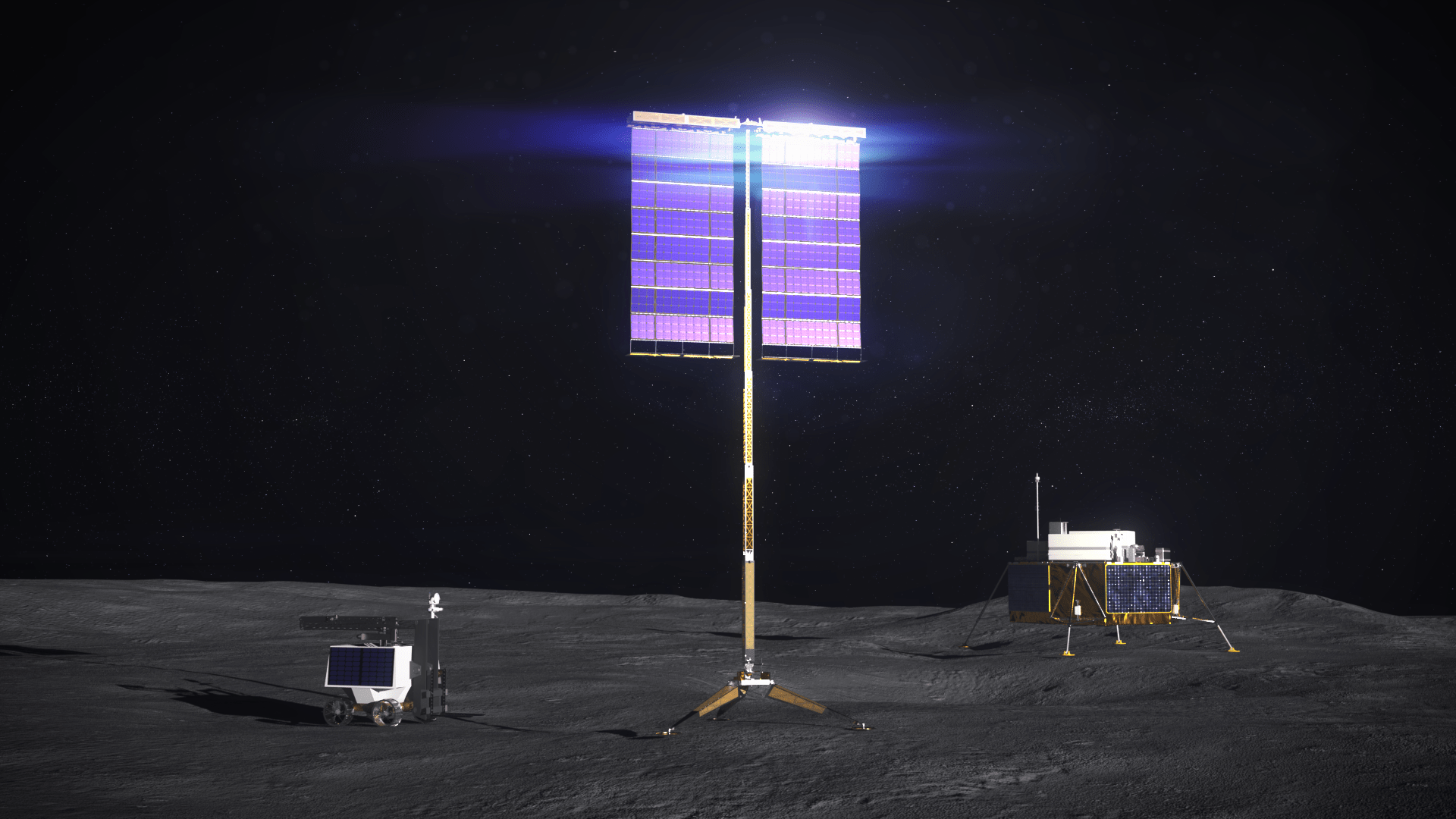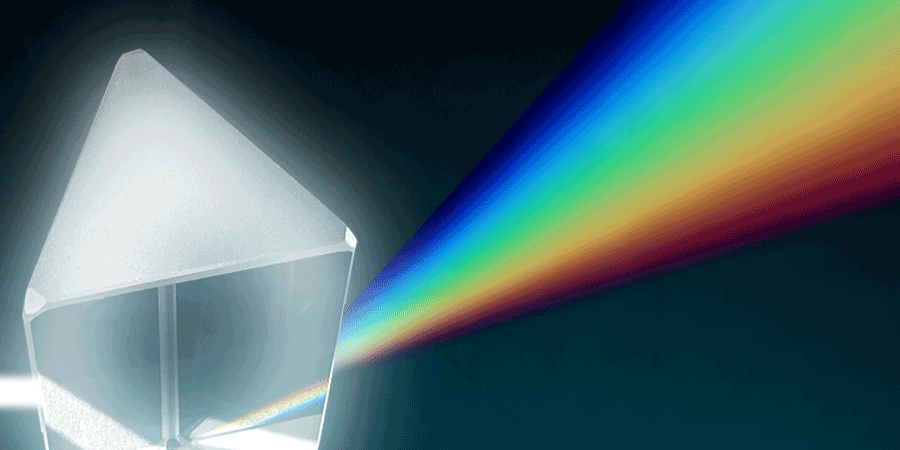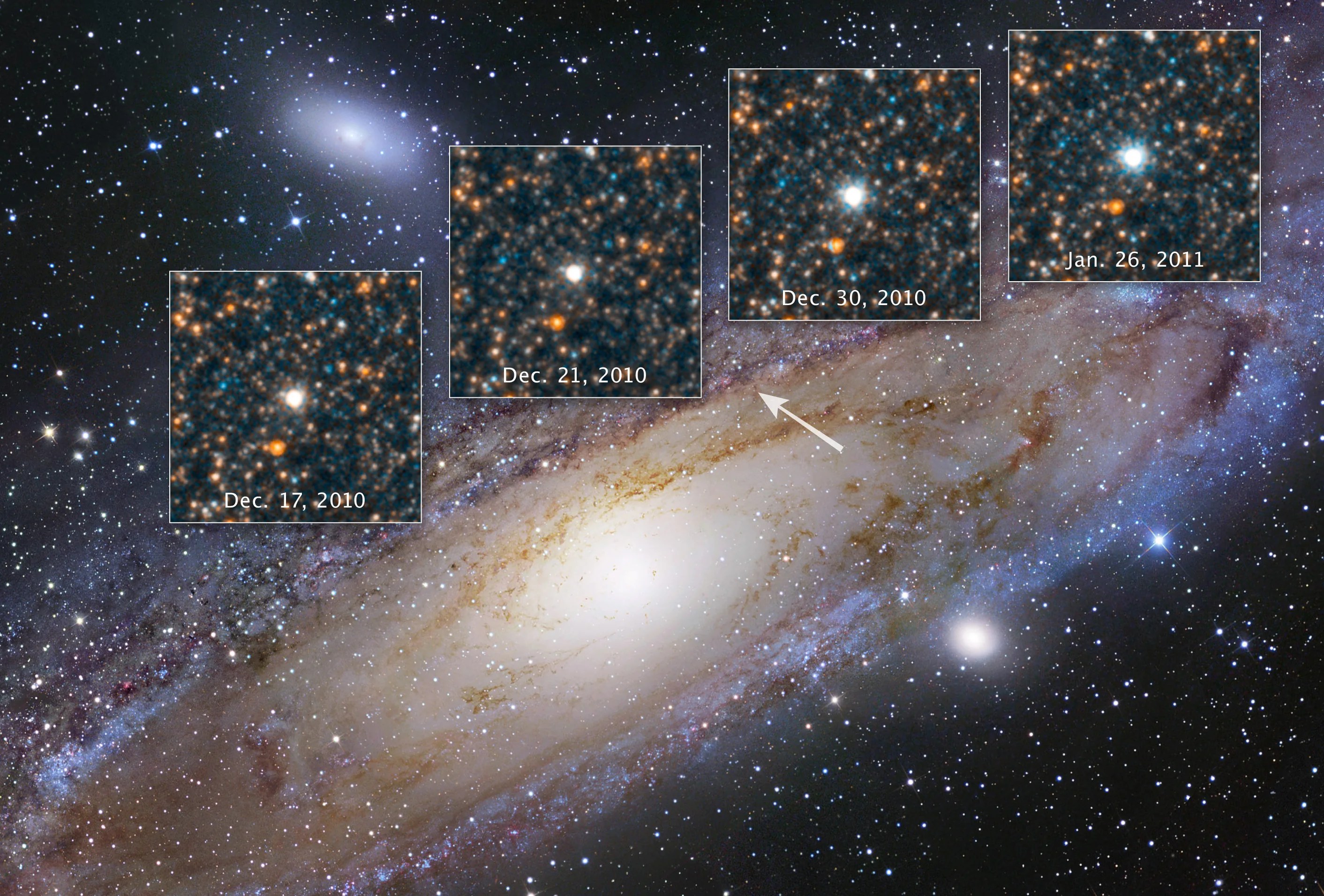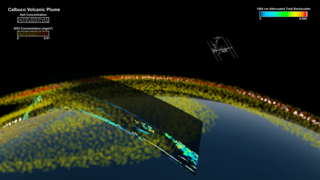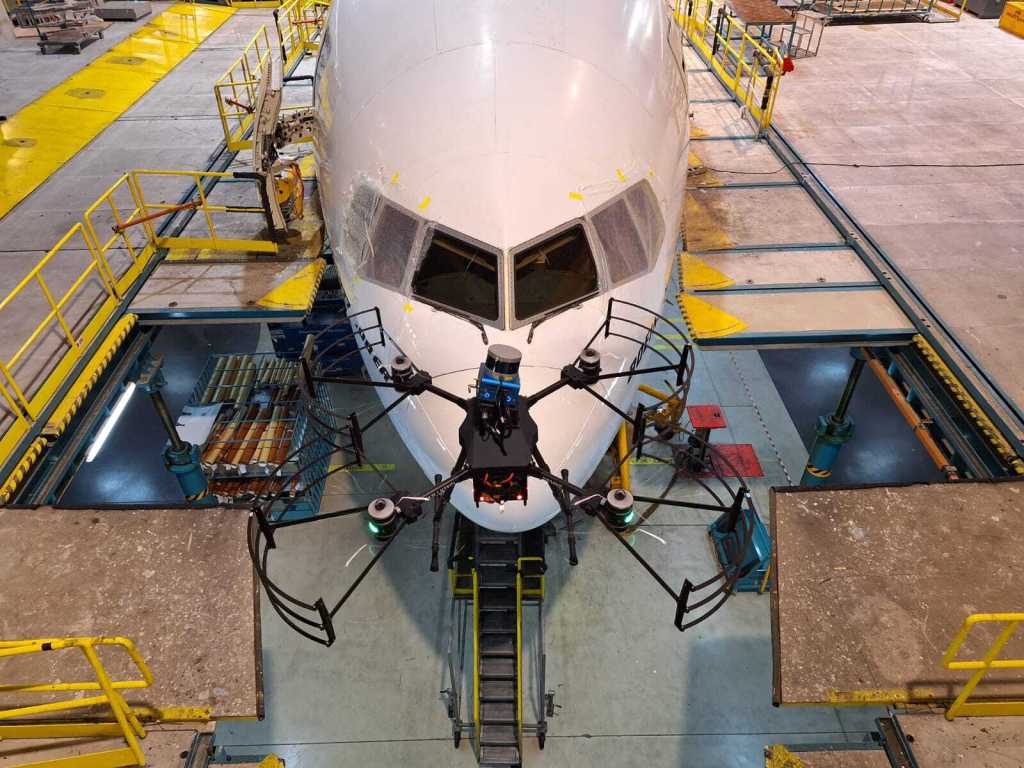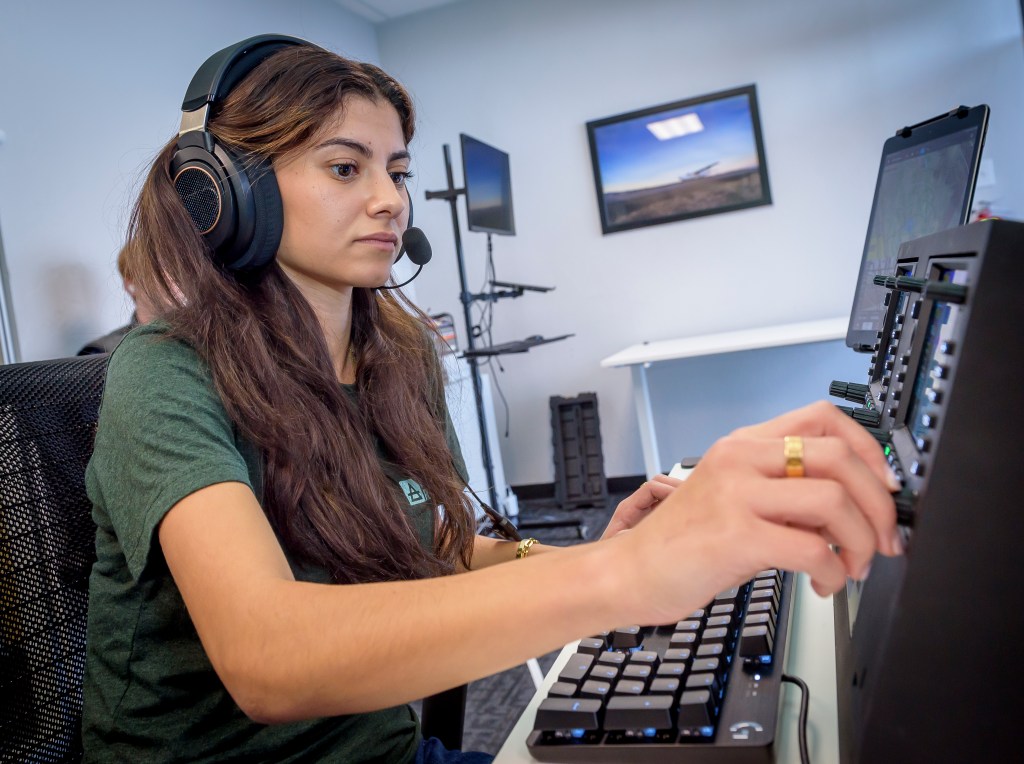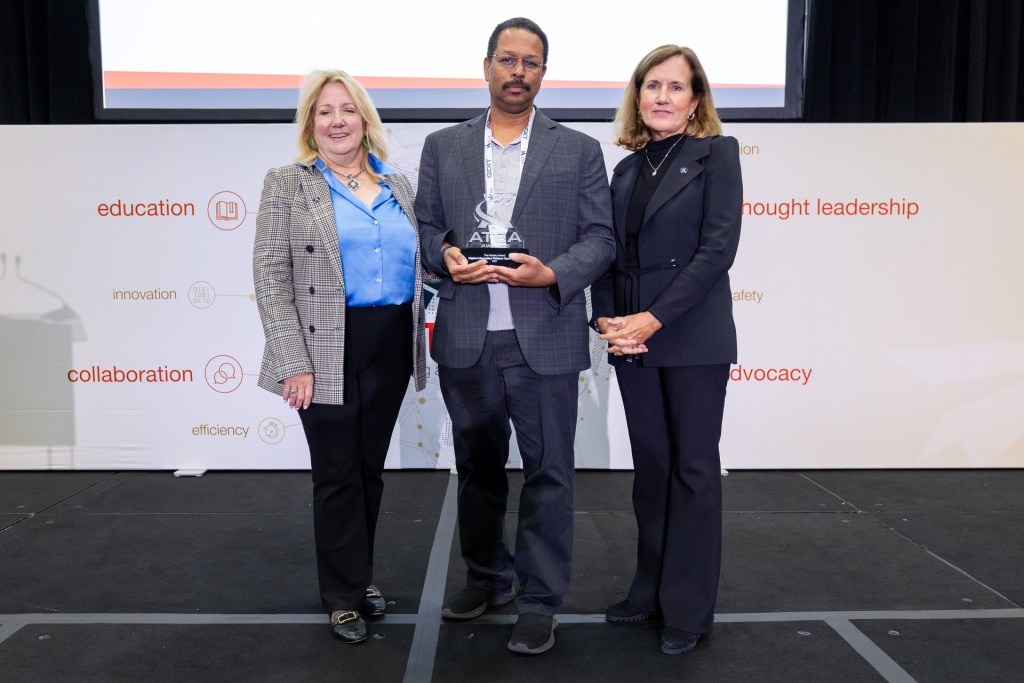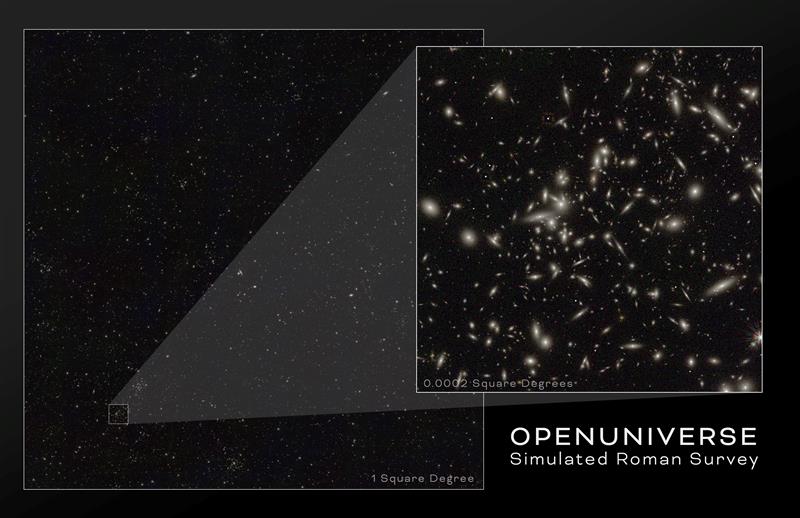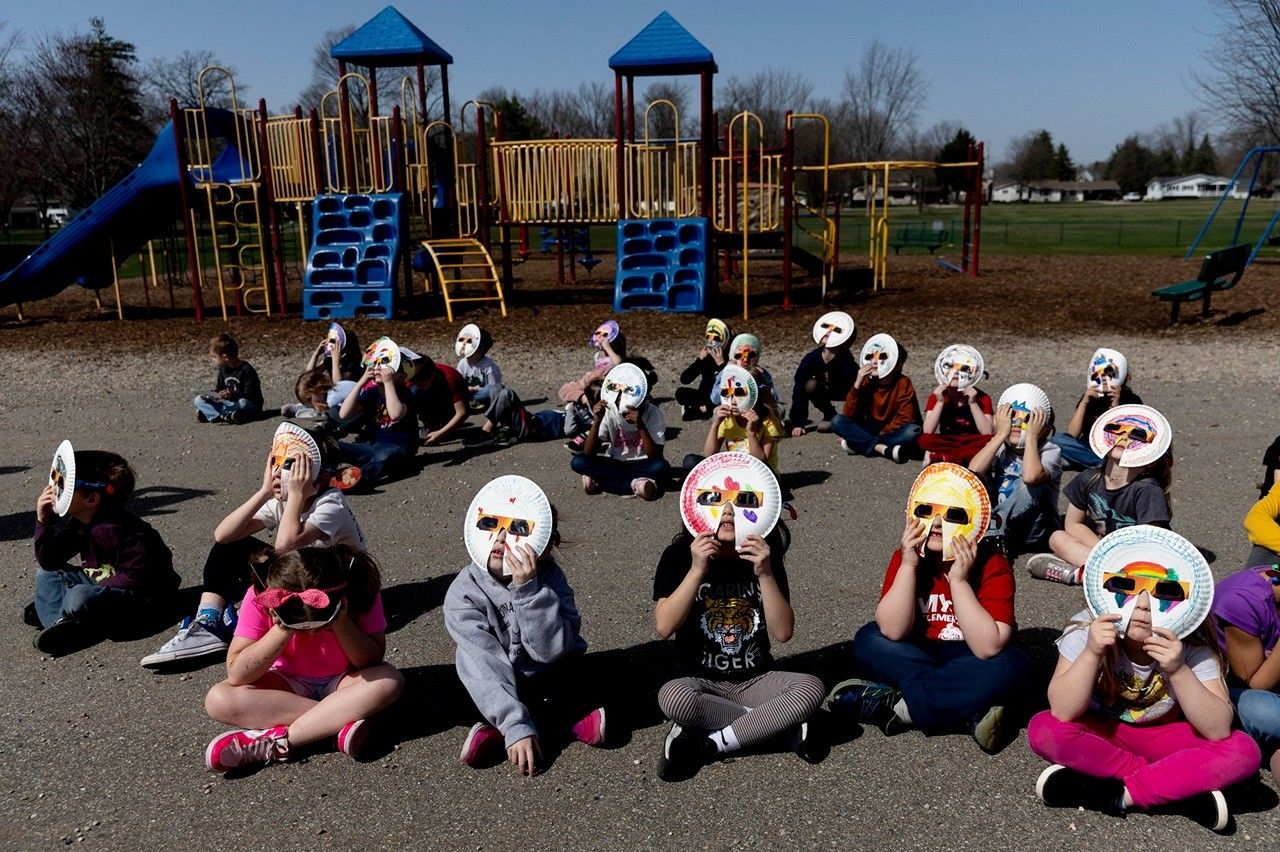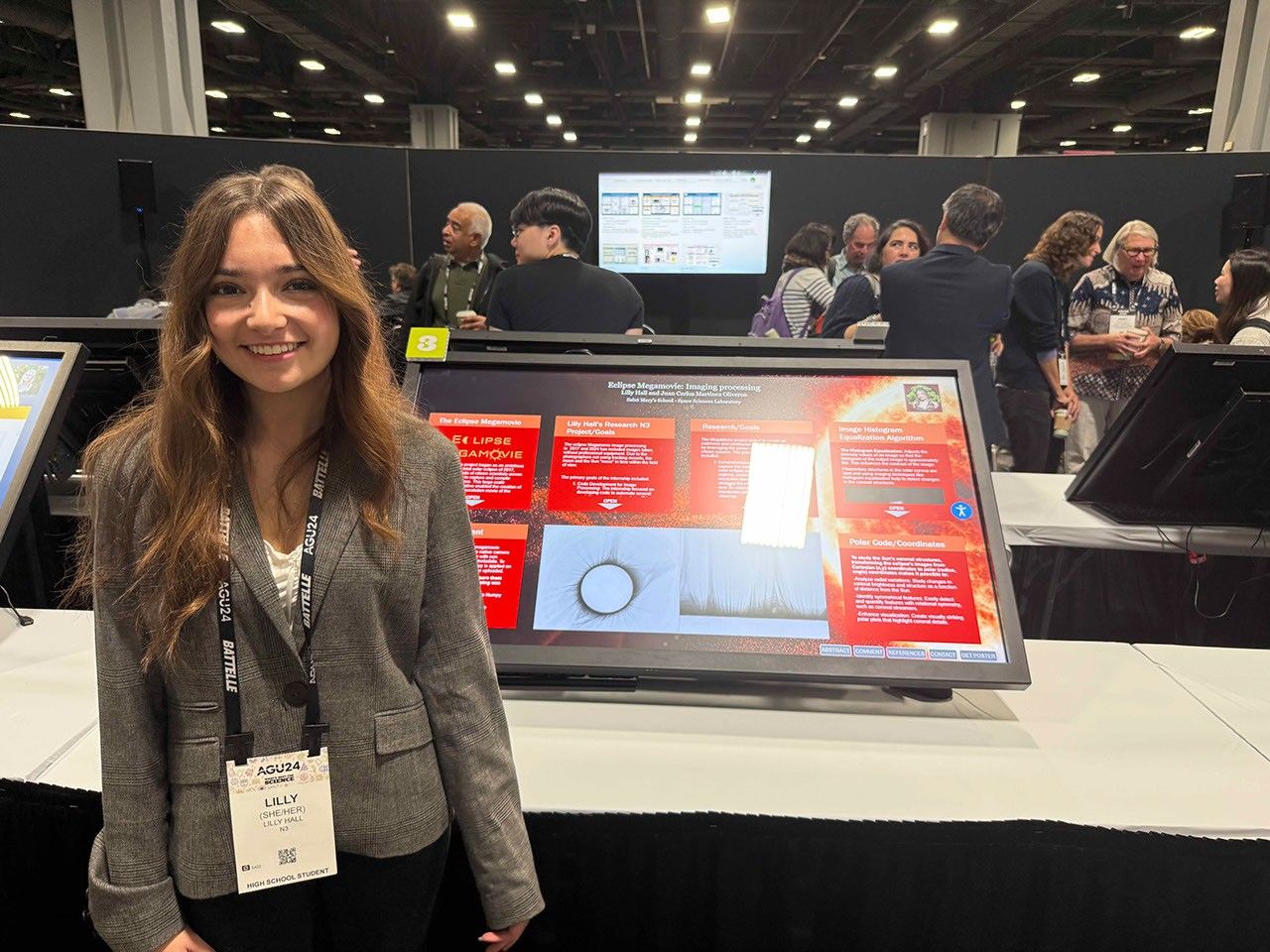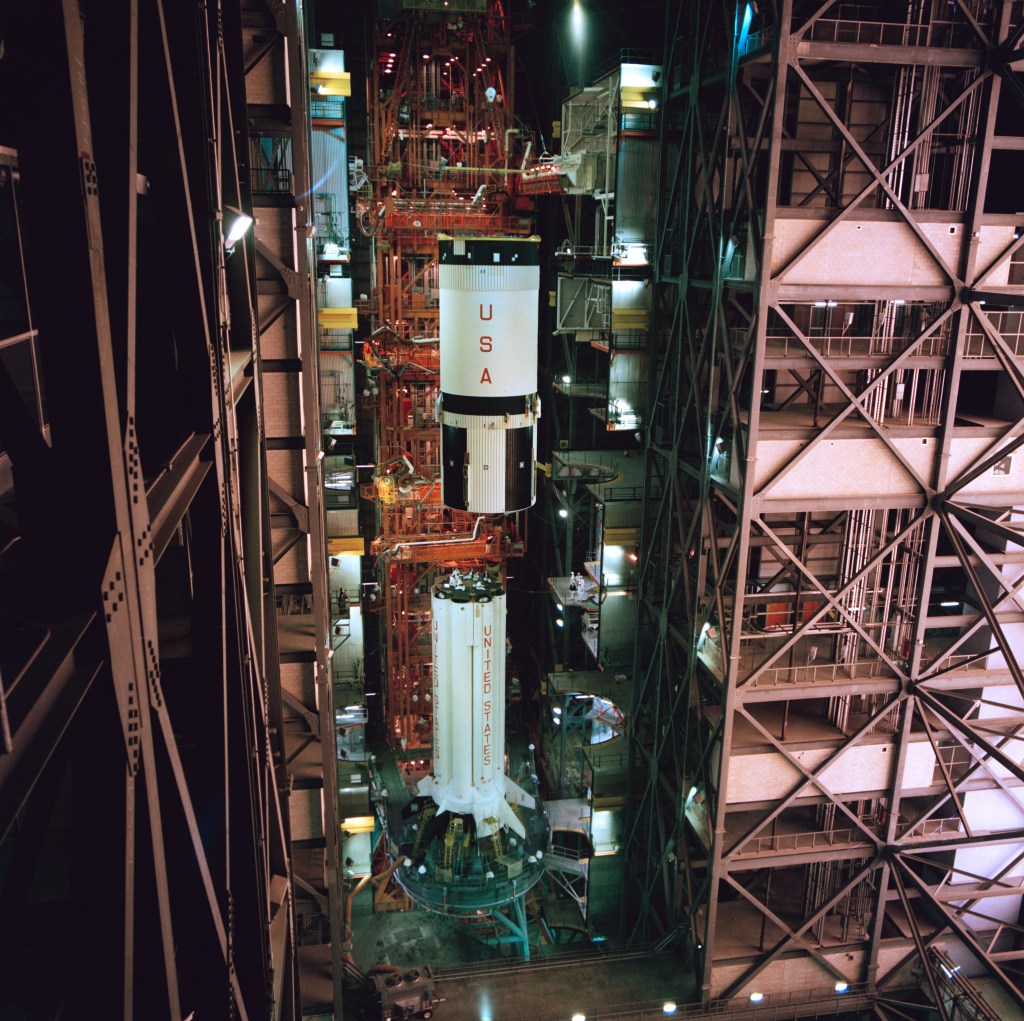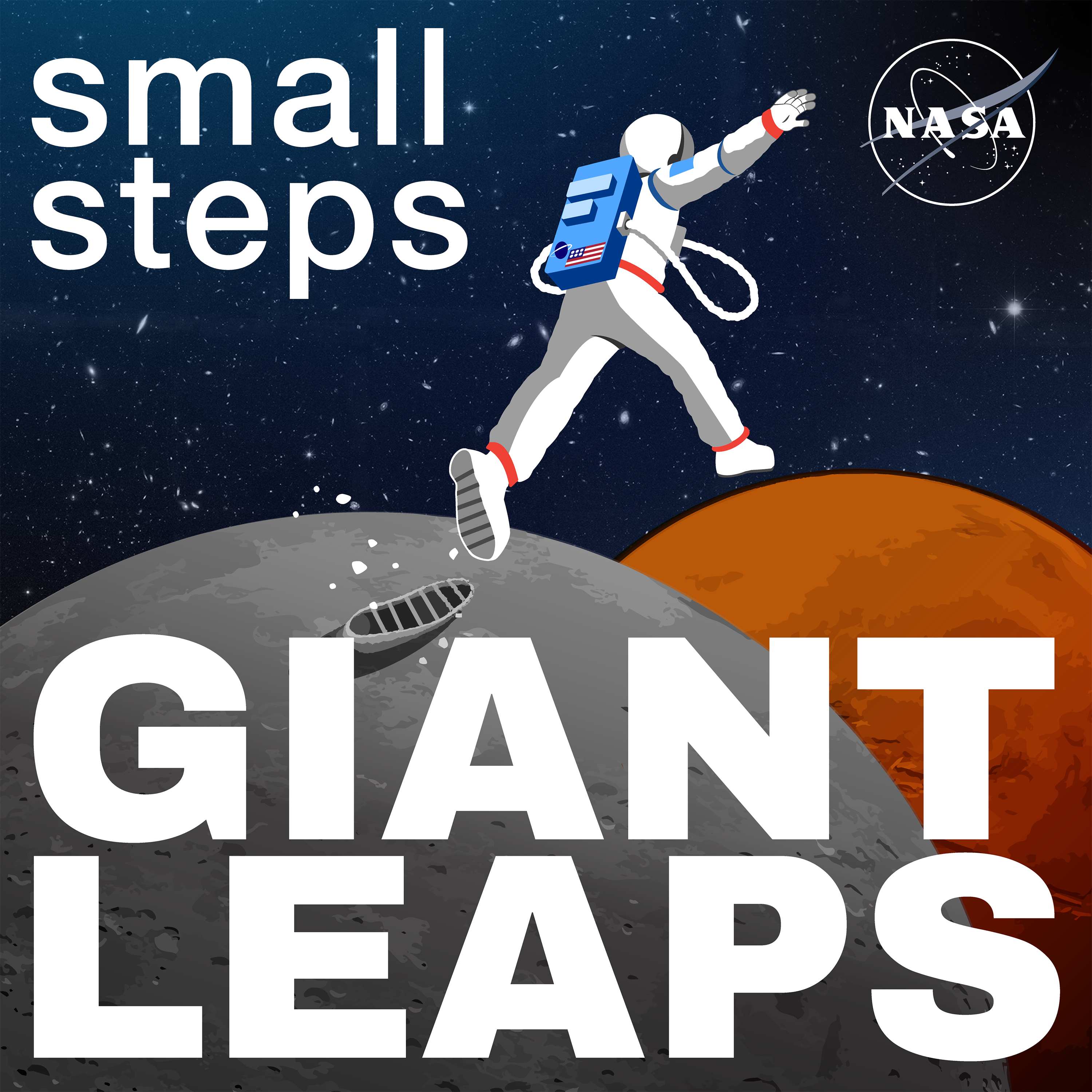NASA Lessons Learned Program Manager Michael Bell discusses the agency’s Lessons Learned Information System.
Michael Bell: The Lessons Learned system is an institutional capability and it benefits all of NASA because the knowledge lives on within the Lessons Learned system, and NASA as a learning organization will continue to learn from our previous information that we’ve collected.
It’s part of a risk reduction strategy where it assists engineers and scientists to build upon the past successes of some of our previous projects and project failures.
If we hide those mistakes, those problems, they could come back and cost us again and again. So, I encourage people to share their lessons learned, share their knowledge to help the whole entire agency become better.
Deana Nunley (Host): Welcome back to Small Steps, Giant Leaps, a NASA APPEL Knowledge Services podcast where we tap into project experiences to share best practices, lessons learned and novel ideas.
I’m Deana Nunley.
Lessons learned — knowledge or understanding gained by experience — can be derived from a successful or unsuccessful mission or project. NASA project teams are responsible for accessing local or agencywide lessons learned databases for relevant lessons during project planning and throughout the project life cycle. The Lessons Learned Information System is NASA’s primary tool for sharing lessons learned and helps the agency’s workforce easily find and share knowledge.
Michael Bell is the NASA Lessons Learned Program Manager. Michael, thanks for joining us on the podcast.
Bell: Well, it is my pleasure.
Host: Let’s start with a description of the NASA Lessons Learned Information System.
Bell: The Lessons Learned Information System has both an internally facing website and an externally facing website. The NASA Authorization Act from back in 1958 actually requires us to share our knowledge as broadly as possible across the federal government. So that’s why we have this public-facing website to help us accomplish that. But the internal website is focused on the engineers and scientists within NASA, and it provides some additional lessons learned that are inside the Lessons Learned system that we don’t have available for the general public for various reasons.
Host: Does the feature set vary for internal and the external audiences?
Bell: The internal system, since it’s targeted at people who are working at NASA, actually allows employees to save their searches in the Lessons Learned system. And with the click of their mouse, they can actually share a particular lesson that they’ve found with their project team or their coworkers.
Host: What’s the value of the Lessons Learned Information System?
Bell: Well, the Lessons Learned system helps us with reducing risk. It’s part of a risk reduction strategy where it assists engineers and scientists to build upon the past successes of some of our previous projects and project failures. It can also serve as an expertise location system because the lessons have a lesson submitter, and you can contact that submitter to help kind of cross-pollinate the knowledge across the agency.
Host: How would you say NASA programs and projects benefit from the LLIS?
Bell: Well, I would say an example of this is at the end of the Shuttle Program, we were actually able to capture about 112 lessons learned into this LLIS system. So at the end of a program or project, all the assets for that project are transferred or retired, and there’s no more funding for maintaining that knowledge. So, the Lessons Learned system is an institutional capability and it benefits all of NASA because the knowledge lives on within the Lessons Learned system, and NASA as a learning organization will continue to learn from our previous information that we’ve collected.
Host: You mentioned shuttle as an example. Are there times that you’ve seen someone actually go back and draw from a lesson learned — like something from the shuttle era — that has helped them in a current project or in something that they were working on?
Bell: Yes. One example I can give you that has made a difference is maybe not specifically from the Shuttle Program, but I was talking to a program manager, and she was putting together a portfolio of projects and one of the projects had a specifically high budget. And so she asked that person to justify some of the features that they were asking for in their project. And the person came back within, she said, half an hour or 15 minutes with a couple of links to lessons learned in the Lessons Learned system and said, ‘These are examples of failures that have happened on previous projects. And I don’t want this to happen on my project. So, I really want the full funding for my project based on avoiding some of these problems.’ So that was a great example of how we can use the Lessons Learned system to even help project funding.
Host: That’s interesting. Are there other examples you’d want to share with us where you’ve seen it make a difference?
Bell: One other lesson I can talk about. We talk about software when we’re looking at project management as just a given, but you see all these pictures of the rockets launching, you look at the hardware, you look at all the engines burning, but the software is a really integral part of any of these rocket systems, even from the Apollo era. And there is a lesson that goes back to a mission to Mars, where there’s two sub routines that were supposed to be handing information back and forth to each other. And the conversion between metrics and the English units was not taken into account in those software programs. So, the mission was lost. And it’s a shame to go through all that work to get to Mars and not be able to land because of some miscalculations. So having the understanding and double and triple checking all the software is just as important as understanding the hardware.
Host: And you talk about failures or things that go wrong. And a lot of times when we think of lessons learned, that’s the direction that we do lean. But are there also lessons learned in the system that are not just looking at failures, but looking at successes that have occurred?
Bell: Yes. We’ve made a concerted effort to try and highlight and encourage more of a ‘Here’s something that I’ve learned that I want to share to make things better.’ A couple of years ago, one of our administrators — I believe, Dan Goldin — was looking at the faster, better, cheaper aspect of spacecraft design and wanted us to look for ways to make things more efficient. So there is an emphasis on positive lessons. A couple of years ago, when we were looking at the splashdown for the Orion vehicle, there is a lesson learned that has been added to the system about all the things that they learned on recovering the vehicle and how they could make the process better. So that’s just an example of whenever we complete a project, we look for what worked, what didn’t work, and we want to take forward to the next project. So, there are definitely good things and positive things that we want to take forward that we highlight in the Lessons Learned system.
Host: What are some of the most popular lessons in recent months?
Bell: There is a lesson that I can point to recently. It had to do with the video room redundancy. And a lot of lessons have a technical component and also kind of a project management component as well. And this lesson had to do with two video rooms that were being redesigned at the same time. And at NASA, sometimes, we will have different organizations that have different contractors working on systems. And the two systems had a cross-connection where we needed to verify the output from one system with the output of the other. But because these two systems were managed by different organizations, different contractors, we learned late in the process that we needed to find out where the redundancy was. And we couldn’t use the verification from one output back to the other. So, things like this, where there is a configuration or a management issue unrelated to the technical are things that pop up in the Lessons Learned system. And it just helps to show a real-world example. When we’re training people, we’re talking about doing some project management and design.
Host: Michael, what are some of the obstacles that keep people from sharing their lessons learned?
Bell: Primarily the obstacle, I think, that comes up a lot is how much time we’re again, I talked about that the faster, better, cheaper, we’re all being asked to do more. And even when you’re working from home, there seems to be a time crunch. So how much time do you have out of your normal process to pause and learn? And actually one of the tools that we have on the knowledge management website is a pause-and-learn process. But if people will take the time to pause and write up a lesson, then we’ll be able to all learn from that.
So, taking the time to do it, it really doesn’t take as much time as you think to capture and develop a lessons learned, but getting started, I guess the mental energy of saying, ‘I am not familiar with the lessons learned process. I am not sure how much time it’s going to take.’ But we all like to collaborate with our team members. And once we start working on a lesson, it just starts to unfold and flow. In fact, there is a class in the SATERN system. It’s only 45 minutes long, and it shows you all the steps you need to take to submit a lesson in the Lessons Learned system. But getting started, that activation energy, the inertia of going from zero to getting the lesson started, I think is the most difficult thing for people.
Host: Is it time consuming to capture a lesson learned?
Bell: It can take a little bit of time, but it’s a little bit of time from a couple of different people. So there is a center data manager at each one of the NASA centers whose job it is to provide information on their process and help facilitate it. Some of the work is done offline. I actually have employed the services of some technical writers to help work on lessons because engineers and some of the scientists may not be that well at expressing themselves. So the first thing is to get the ideas out there and then the process of refining it and verifying the information could take a little bit of time, but it’s well worth to invest that time and it can be distributed within other people as well.
Host: We were discussing obstacles that may keep people from sharing lessons learned, and you talked about the time element. What else do you see that seems to be a barrier?
Bell: Deana, one thing that some people might be reluctant to share is they may feel there’s sort of a negative connotation with them admitting a mistake. Now, a couple of years ago, we had a concerted effort in this ‘My Best Mistake’ program. We were trying to get people to talk about having made mistakes and learn from them. If you’re early in your career, you may be less likely to want to share a lessons learned, something that didn’t go quite so well, but nobody’s perfect.
I think the motto from the Jet Propulsion Lab is to ‘dare to do mighty things,’ and we have to dare to do mighty things. We’re going to make some mistakes. The key though is not to make the same mistake. And maybe some of our more senior folks at NASA are willing to share their less than stellar performances, but that can be a difficulty in getting people to admit where things didn’t go quite so well. But if we hide those mistakes, those problems, they could come back and cost us again and again. So, I encourage people to share their lessons learned, share their knowledge to help the whole entire agency become better.
Host: Do you have recommendations on how NASA technical workers can make the LLIS part of their routine, especially individuals who may be unfamiliar with the system?
Bell: There is one thing that is easy to do is to actually subscribe to the Lessons Learned system. Now your inbox is probably overflowing with spam and junk mail, but if you sign up to receive updates from the Lessons Learned system, you’ll be reminded periodically to check those lessons that are related specific to the categories that you signed up for. So, subscribing to the Lessons Learned system is a good way to integrate that into your process.
And another thing which I actually started doing when I first came to NASA before I even got involved with the Lessons Learned system is I opened a folder on my computer, and I just started writing down sort of lessons learned. I think years ago, we used to have something called a memorandum of record. If you’re a fan of Star Trek, the captain would sit down and say, ‘captain’s log,’ and record his thoughts and lessons learned after a mission. So, it’s a good habit to get into, is writing down your lessons learned and maybe they may roll up into an entry into the Lessons Learned system. They may stay as your own personal lessons learned log, but it’s a good habit, I believe, for individuals to subscribe to the Lessons Learned system and also to somehow keep track of their own lessons learned.
Host: What do you see as the significance or lasting impact of experiences and lessons learned being shared across the agency?
Bell: I think really the significance is that we are expanding the space frontier. We’re learning new things by standing on the shoulders of the people who’ve come before us. So, sharing those lessons learned, putting those in the database and acting on those to make the products that we develop — the rockets, the analysis — go even farther, I think is really the impact of lessons learned. We want to continue to be a learning organization. We want to be more efficient with our resources. We want to make new mistakes and different mistakes. And the Lessons Learned system – the knowledge management community — is part of that effort.
Host: Well, Michael, thank you so much for joining us today and helping us to learn more about the Lessons Learned system.
Bell: Well, Deana, it’s been my pleasure. I’ve enjoyed talking with you.
Host: You’ll find loads of links to topics discussed during our conversation at APPEL.NASA.gov/podcast along with Michael’s bio and a transcript of today’s show.
If there’s a specific lesson learned or other topic you’d like for us to explore in a future episode, please let us know on Twitter at NASA APPEL – that’s APP-el – and use the hashtag Small Steps, Giant Leaps.
As always, thanks for listening.


